Child Health & Disability Service
The Child Health and Disability Service supports children and families with issues related to complex health/disability, learning disability, autism and other neurodevelopmental conditions.
The Team consists of Social Workers, Learning Disability Nurses, Autism Practitioner, Family Keyworkers, Community Childrens Workers, Children Service Workers. Our Social Workers hold statutory responsibilities and Lead Professional role with the case holders also having some Lead Professional responsibilities for non-statutory cases.
The Teams Practice involves 1:1 direct work with children, young people and their families while providing liaison, consultation, supervision and training for practitioners who are involved in the lives of children and young people working across a continuum of promotion, prevention and care and education. This can include the following, but we are open to discussion around wider issues which we can clarify are within our remit
Statutory Work
Child Protection support for children with a disability, advice and guidance, including assessments and procedures and as required follow up on to the Children’s hearing system, Social workers also support and have Lead professional responsibility for LAAC/LAC both in and out of HC area as required.
Behavioural Support
Advice and support for children, families/carer’s and education staff with issues around Anxiety, Sensory Processing, Sleep, Anger and Neurodevelopmental Differences. Advice around strategies for supporting children to cope on a day to day basis.
Accessing Education
Liaison, support and intervention within schools where required.
Training
We can offer training opportunities for parents and staff through our links with The Pines on areas such as, Anxiety, Neurodevelopmental Conditions, Sleep, Social Stories, Sensory Processing and many more.
Skills Teaching
Teaching independent living skills e.g. self-help, domestic skills and social skills.
Respite
Liaison with the team around the child to provide an appropriate respite service either at the Orchard or within the community
Consultation & Collaboration
The team regularly work in conjunction with, pediatricians, Speech and Language Therapists, Occupational Therapists, Physiotherapists, Education staff, Educational Psychology, Primary Mental Health workers and the CAMHS service Whatever it is, the way you tell your story online can make all the difference.
Specialist Information
Specialist Information on specific conditions and syndromes, benefits and welfare rights, respite care and access to local resources.
Our Community Learning Disability Nursing Service can also provide a comprehensive assessment of the health needs of children with a learning disability. They offer structured programmes of care which may cover the following:
Health Promotion
Educating people regarding their physical and health needs e.g. toileting, healthy eating, puberty, sexual health, mental health and facilitating access to appropriate health care services.
Epilepsy Management
Providing people with information, advice and monitoring of Epilepsy.
How to Access the Service
Before a referral, it’s best to discuss your child’s need with your Lead Professional who will then call a Child’s Plan meeting to discuss needs and how the needs can be met.
Referrals are made through the Child’s Plan with clearly identified needs
It is important that those referring have met with the parent(s)/carer(s) and the referred child/young person and they agree with the request for service
If a referrer is not sure what information to include, s/he can contact Mairi MacArthur, Practice Lead (Disability) on 01463 644068 to discuss the referral.
Information to Include
Please include as much information as possible about the exact nature of the child/young person’s difficulties and its impact on their day to day functioning in the Child’s Plan.
Concerns to consider and mention in the request:
Who is concerned/who has raised this issue about this CYP- and the impact at this time. This can be captured in the initial reason or ‘pressures’ section of the Child’s Plan
Who is best placed to support the child and family with this particular concern; who understands the child’s needs the best at the moment. This should be captured in the “analysing strengths and pressures” section and followed up in the “actions” section.
What has been already put in place/or other services involved. This should be in the chronology/actions section.
